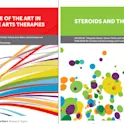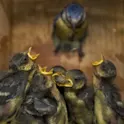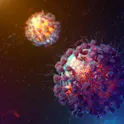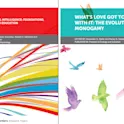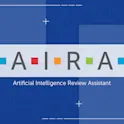
Featured news
17 Sep 2020
Men and women experience similar rates of anxiety due to job insecurity
By Nora Belblidia, science writer Despite gender disparities in the workforce, male and female workers in Europe report similar rates of anxiety in response to job insecurity across countries. Economic stress and anxiety can contribute to poor mental health outcomes as more people work non-traditional jobs with little stability, and according to Dr. Egidio Riva, a co-author of the study investigating these trends, such effects need to be taken seriously by both governments and employers alike. As more people work temporary gigs with little protection, or fear layoffs in an unstable economy, job insecurity is on the rise. These stresses understandably contribute to poor mental health and feelings of anxiety. But given gender disparities in the workforce – women are more likely to work temporary jobs and receive lower pay – researchers were curious whether job insecurity affected men and women differently. A study published in Frontiers in Sociology analyzed data from the European Working Conditions Survey, looking at results from 2005, 2010, and 2015. The survey asked people to what extent they thought they might lose their job in the next six months and whether they had experienced anxiety over the last 12 months. The study found that, in […]

